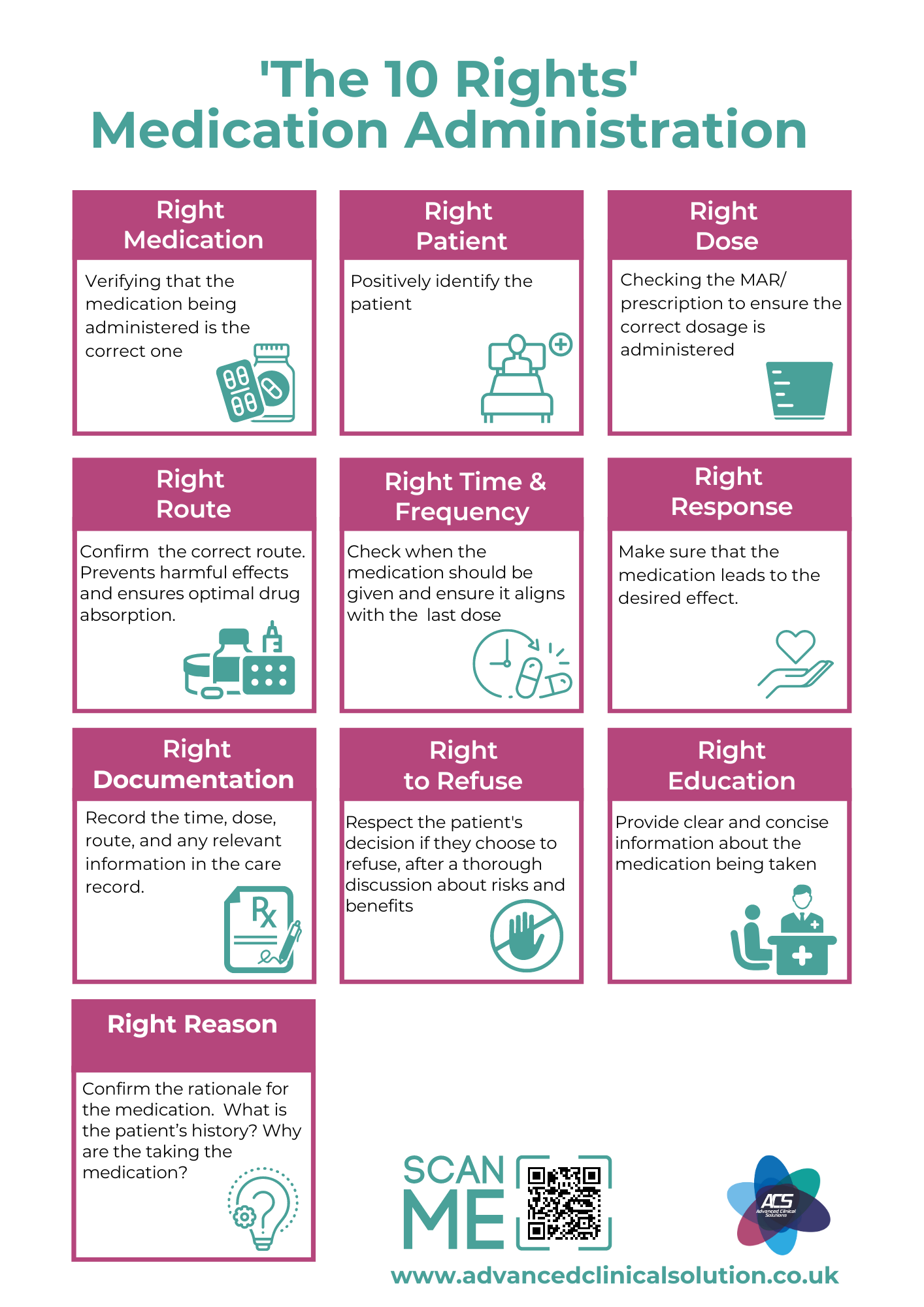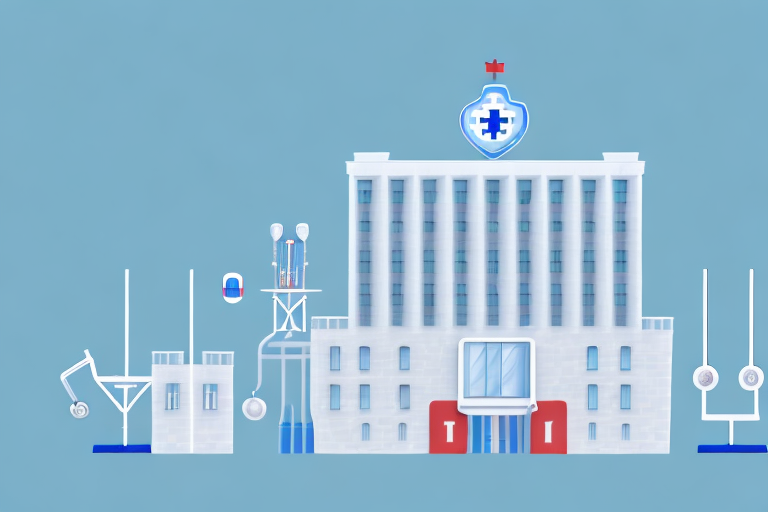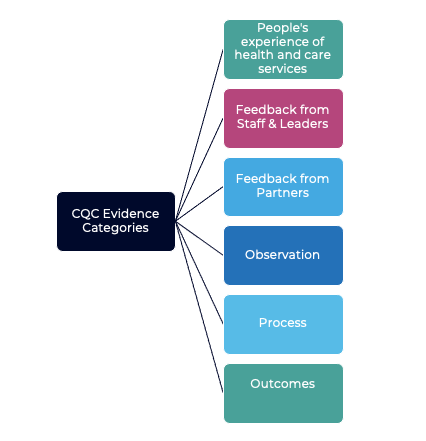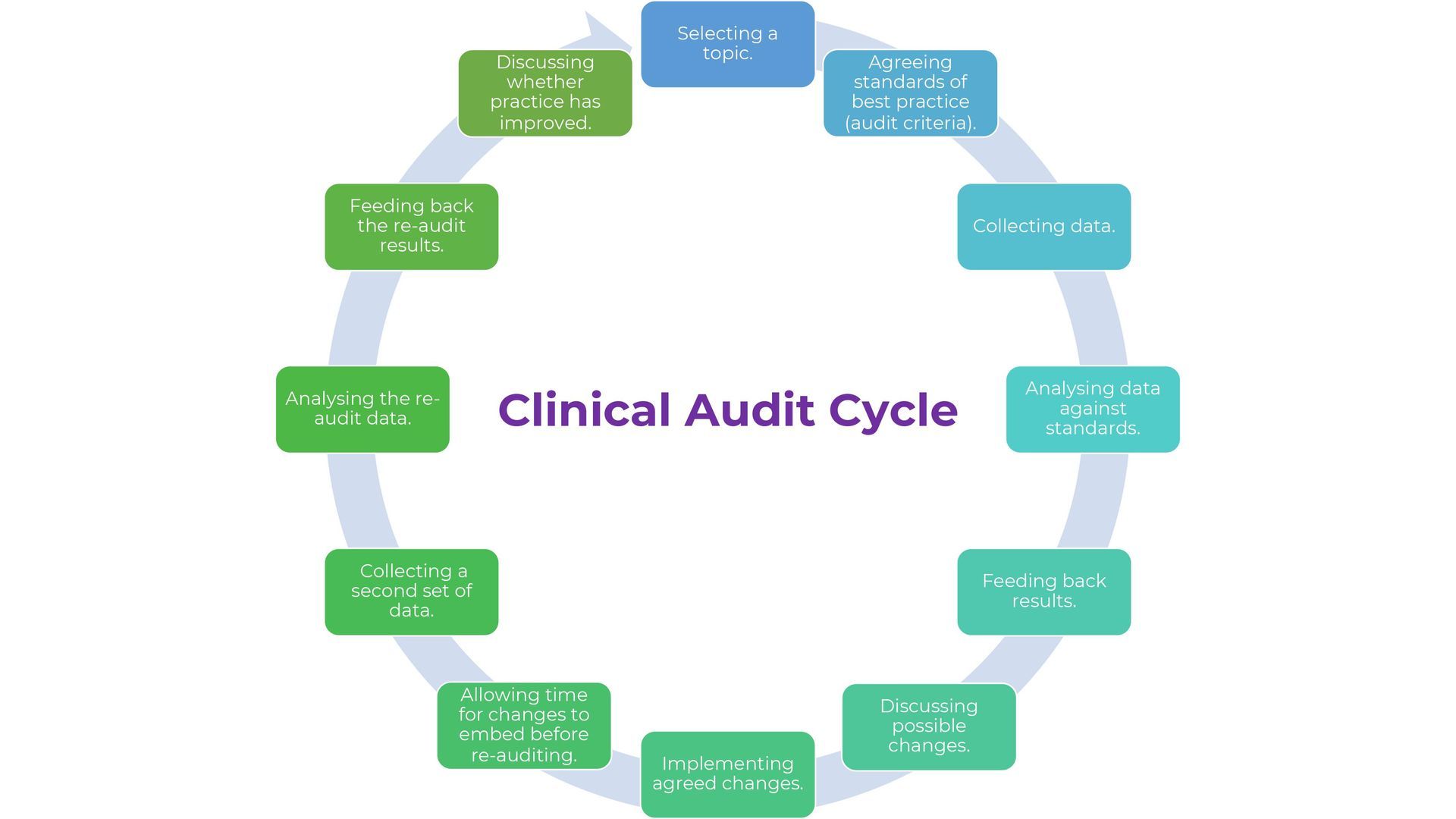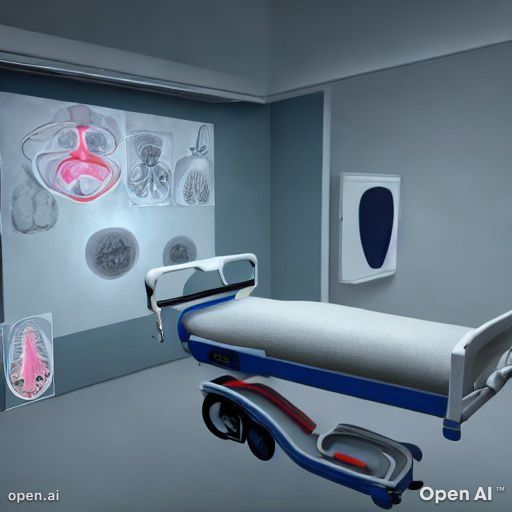The Ultimate Glossary of Terms About COVID-19
Mutation, Strain or Variant ? What does it all mean...
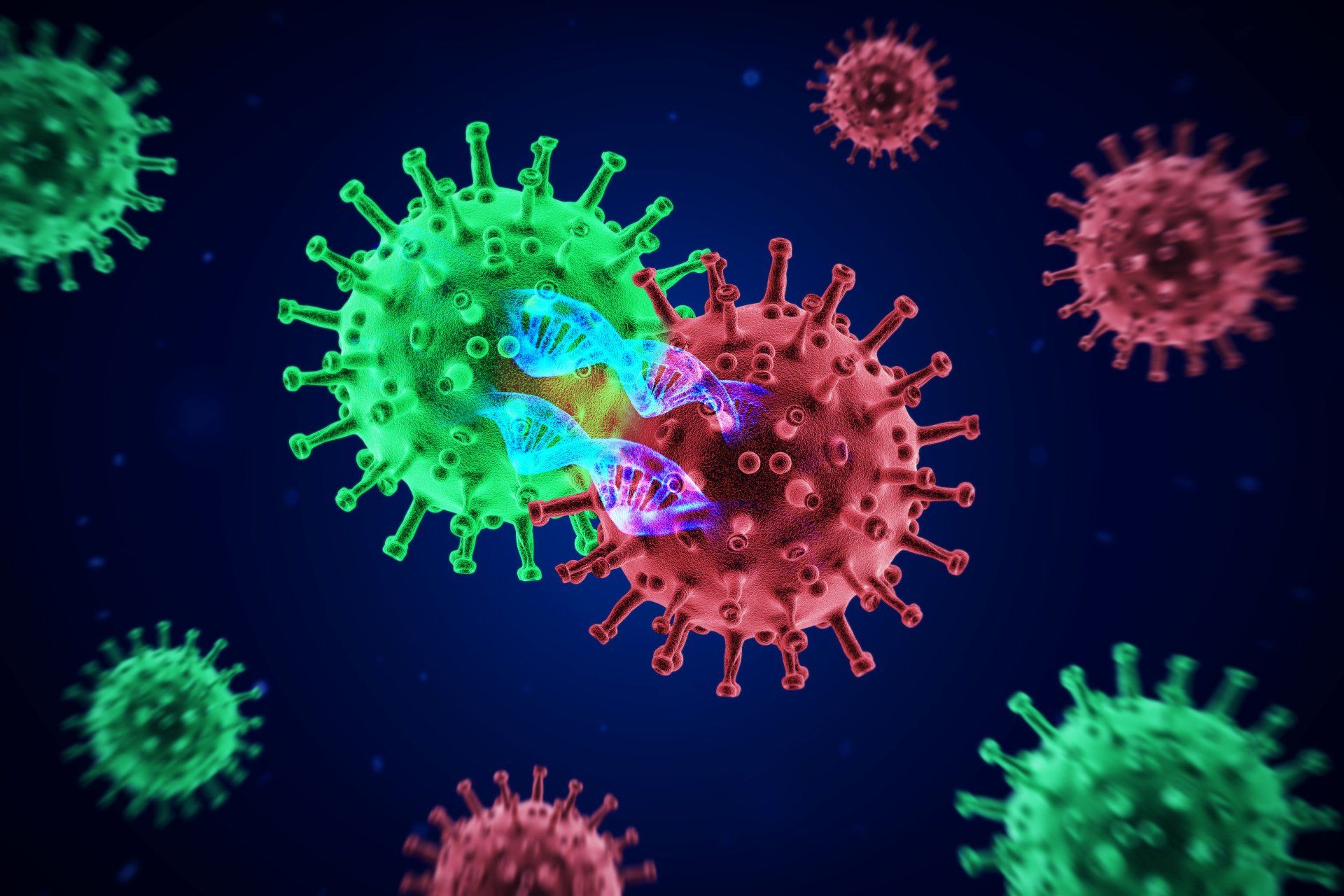
This last month has led to a lot of panic about new variants of Covid-19 that we are seeing. It is important to remember that viruses mutate regularly. Everything that replicates as quickly as a virus will have the ability to change, and this is why monitoring the genetic codes of the virus is so important. One of the main concerns is that there are indications that they may be more infectious or cause more severe disease.
This means that we need to take even more care to prevent infection. More than ever, hand-washing, social distancing and reducing your contacts to as few as possible are so important. There's going to be lots and lots of variants which will be, in many cases, minor accumulations of mutations and different kind of genetic lines of that strain
But what is the difference between a mutation , a variant or a strain of a Virus ?
As new variants of the virus that cause COVID-19 , such as the Kent , South African and Brazilian variant emerge some of the terminology can seem confusing . Here we try to unpick what they mean and provide a clear , plain english definition.
Mutation
A mutation means there has been a change in the sequence of the RNA of the virus which causes a change to the amino acids and the proteins. Viruses often mutate , but some do it more than others. One of the major mutations seen with COVID-19 affects the spike protein, which has enhanced how it invades human cells. Mutations can result in a new “lineage” of the virus. This is not the same as a new strain
Variant
A variant on the other hand , is the term used when scientists classify a known virus that has developed a specific ”group of mutations" that causes that variant to behave differently than that of the strain it originated from, like becoming more transmissible or causing more severe illness.
Strain
A ‘strain’ of a virus has more distinct properties and prompts a particular immune response.Another way that the term strain is used is when a particular variant of the virus (the virus with a specific set of mutations) becomes the dominant variant in a population. Mutations that alter any of the following can lead to a new strain:
- Pathogenicity
- Virulence
- Immunogenicity.
Other terms you might hear
RNA
Or
Ribonucleic acid, a nucleic acid present in all living cells. Its principal role is to act as a messenger carrying instructions from DNA for controlling the synthesis of proteins.
Protein
A naturally occurring, extremely complex substance that consists of amino acids joined together .Proteins help repair and build your body's tissues, allow your body to make energy helps to co-ordinate your bodies functions
Amino acids
These are the building blocks of proteins, they combine together to form proteins.
Spike Protein
This is found on the surface of a coronavirus which sticks out like a 'spike' . This protein allows the virus to bind to specific receptors on the surface of a human cell.
Synthesis
This happens when a combination of a number of different pieces come together to form a whole.
Pathogenicity
Simply means the potential ability to produce disease or it's capacity to cause damage in a host such as a human.
Virulence
Means the degree or how harmful harm it may be to a host .
Immunogenicity
The ability to trigger or provoke an immune response
Book a free consultation with our Infection Control Team here
Email Us
For general enquiries & questions,
contact us via email
Book Free Consultation
Need some advice face to face? Book a free 30 minute MS Teams consultation
Share
CHECK OUT OUR OTHER BLOG POSTS
Knowledge Hub



